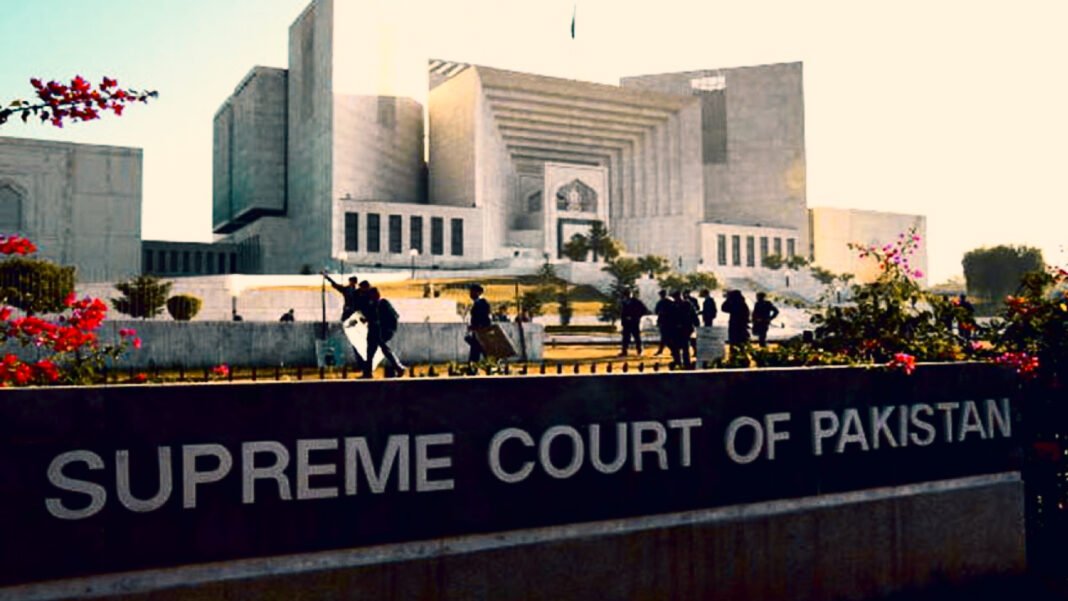The Capital Development Authority (CDA) has once again been thrust into controversy after the latest Auditor General of Pakistan (AGP) report exposed financial irregularities worth nearly Rs. 84 billion. The report on the fiscal year 2024–25 has revealed 35 separate audit objections against CDA, highlighting deep-rooted corruption, negligence, and systemic mismanagement in the authority’s planning, estate, works, and revenue wings. According to the AGP’s findings, the cumulative amount of irregularities from these 35 audit paras stands at Rs. 83.88 billion. The report also underscores that since 2010–11, CDA has failed to comply with a majority of audit paras raised in successive years, with billions of rupees never recovered and no accountability of responsible officers, reflecting a culture of impunity.
Among the most striking revelations is the case of Bahria Paradise (Jinnah Town) in Zone-V, where CDA’s Planning Wing failed to mortgage the mandatory 20 percent of saleable area in its name and did not ensure transfer of roads, streets, parks and public amenities. This single irregularity caused a colossal loss of Rs. 47.86 billion. In another case, the Park Enclave Housing Scheme remains stalled despite CDA having collected Rs. 11.29 billion from buyers of 984 plots. The authority neither handed over possession nor ensured completion, and also neglected recovery of Rs. 210 million in dues from defaulting allottees.
The audit further points to widespread failures in recovering legitimate charges. Corner and main boulevard plot premiums worth Rs. 323.23 million were left unrecovered, while commercialization charges from Bahria Paradise amounting to Rs. 1.842 billion were ignored. Non-recovery of annual ground rent from NUST University added another Rs. 573.91 million to the losses. CDA also lost Rs. 1.7 billion due to unjustified cancellation of a commercial plot after 25 percent of its premium had been paid, and Rs. 2 billion through the illegal conversion and sale of amenity land in Jinnah Garden Phase-I. Similarly, Rs. 398.54 million remained unrecovered in direct access charges from housing societies.
Equally alarming are irregularities in the execution of development projects. Mobilization advances of Rs. 545.39 million were disbursed but never recovered, while irregular contract awards worth Rs. 248.62 million favoured specific contractors. Insurance coverage amounting to Rs. 552.45 million was not obtained, exposing the authority to massive risk, while delayed projects deprived the public of intended benefits. The most glaring example is the Farash Town High-Rise Apartments project, where prolonged delays have escalated costs and inflicted losses estimated at Rs. 14 billion.
The report highlights that in Islamabad Sustainable City projects, including cycle tracks and related infrastructure, Rs. 321.92 million was released but physical progress remains “nil,” echoing concerns that projects exist only on paper. In addition, CDA spent excessively on higher-category residences with Rs. 85.38 million booked under repairs and maintenance beyond entitlement. In some instances, works were executed from maintenance grants without justification, causing further losses. Tax irregularities compounded the problem, with Rs. 98.58 million less deducted under income, sales and ICT taxes from contractors. Overpayments, unjustified expenditures, and unauthorised works, including water connections to hotels and installation of electric poles within right-of-way, feature repeatedly across the audit paras.
The report also documents smaller but telling irregularities: Rs. 25.49 million lost due to defective project estimation, Rs. 25.17 million overpaid through inflated work measurements, Rs. 13.30 million lost by not obtaining performance securities from contractors, and Rs. 40.70 million spent on works awarded through quotations rather than open tendering. In another case, a loss of Rs. 15 million was incurred due to non-utilization of excessive space. Even the Faisal Mosque was not spared, where illegal collection of parking fees by private persons was flagged as a serious lapse.
Taken together, the 35 audit objections not only expose glaring financial corruption but also point to systemic governance failures within CDA. The absence of accountability, failure to enforce contract clauses, non-imposition of penalties, and routine bypassing of rules reflect institutionalised mismanagement.
What is most disturbing, however, is that despite audit paras being raised year after year since 2010–11, compliance has been negligible, recoveries are rarely made, and disciplinary action against officials remains absent.
The AGP’s findings suggest that CDA has evolved into one of the country’s largest financial black holes, with repeated scandals across housing schemes, land allotments, commercialization charges, and development projects. The staggering Rs. 84 billion figure uncovered this year reinforces public perception that corruption within Islamabad’s civic body is not incidental but systemic. For residents and taxpayers, the unanswered question remains whether these losses are the result of gross incompetence or deliberate facilitation of some of the biggest scams in Pakistan’s urban development history.



[…] CDA Audit Report Reveals 35 Irregularities and Rs. 84 Billion Losses Amidst Rampant Corruption […]
[…] CDA Audit Report Reveals 35 Irregularities and Rs. 84 Billion Losses Amidst Rampant Corruption […]